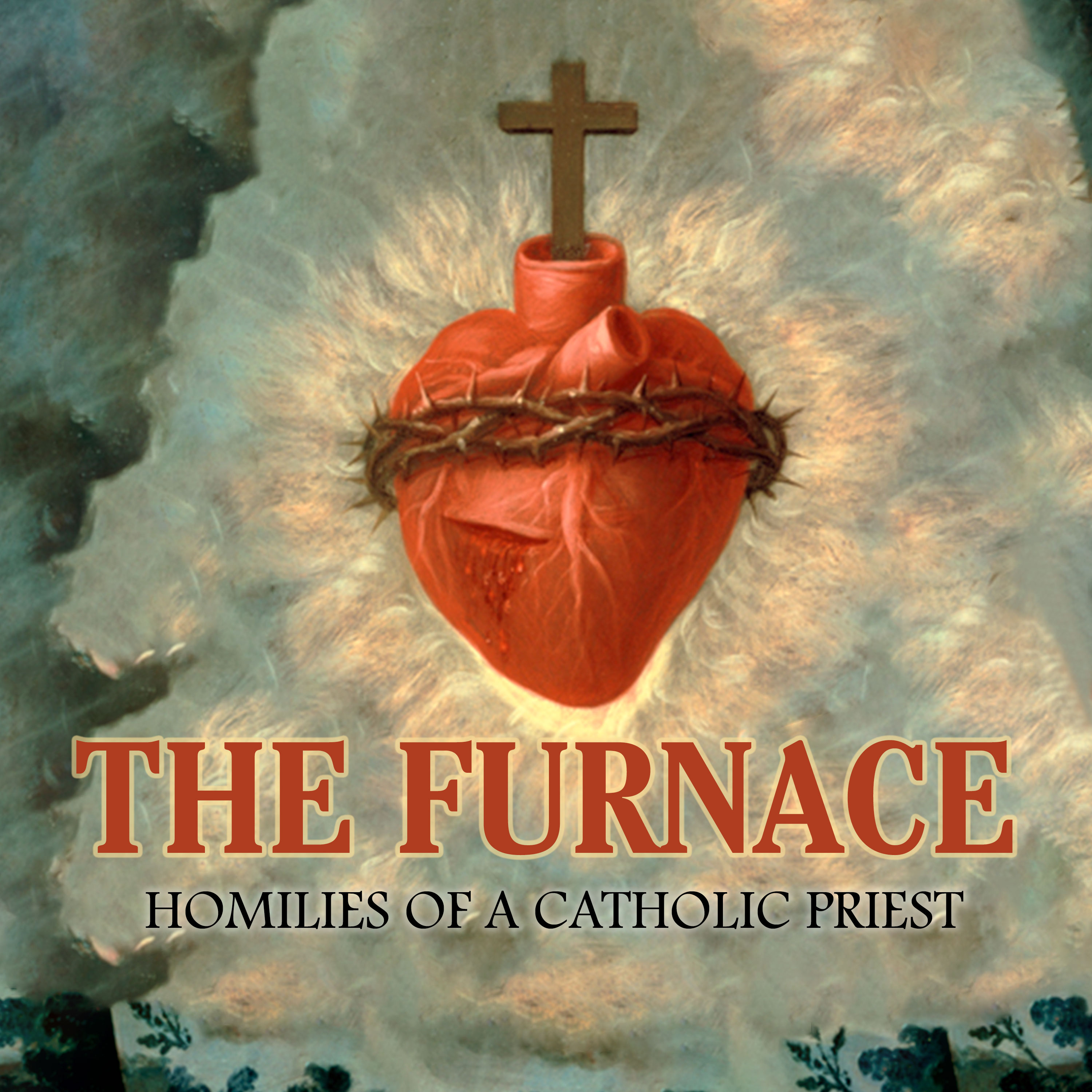What is Divine Mercy? (Divine Mercy Sunday)
Sunday, April 19th, 2020
Why Divine Mercy Sunday? It was only instituted 20 years ago. But the Octave of Easter, of which this day is the last, has been around for 16 centuries. Surely the 1600-year-old eighth day of the Resurrection of the Co-eternal Son of God outweighs just a little a 20-year devotional day started by a Polish nun?
And yet to deny place to the Divine Mercy is to deny the whole point of Holy Week and the Resurrection. The Mercy of God is the undercurrent to both the agonising tensions and the eruption of unlooked-for joy of all of Easter.
And this is why amongst our joy we should not be too fast to remove a kernel of wonder at the suffering of Christ. As we saw on Palm Sunday: Almighty God let people rip out his beard by the roots. He stood patiently as they shucked gobs of their spit onto his forehead, cheeks, eyes and mouth. He stayed patiently silent as his body bucked and warped as they raked the flesh out of his back. All for love. This is not a time when we can ask does God love me. My friends, just look and think. The way Jesus patiently suffered these things, and suffers our own sins, using the very being he has given us against him, is part of this mercy.
Part of this mercy is also what Jesus shows us on the cross. Even though he is dead, and he continued loving us up till even death, even that was not strong enough message for us. He allowed his heart to pierced and opened. His mercy and forgiveness, the openness of his heart for us is thus beyond death, beyond even the worst evil - for this pierced and opened heart is pierced and open still, beating in the Risen Jesus for all the rest of eternity. It is no suprise our psalm today cannot hold back but has to keep saying: Let the sons of Israel say: ‘His love has no end.’ Let the sons of Aaron say: ‘His love has no end.’ Let those who fear the Lord say: ‘His love has no end.’
This mercy also is found in the first words of the Risen Jesus to the apostles. You would think anyone’s first words are important. Infinitely moreseo those of the co-eternal Son of the Eternal Father back from the dead. And so what does Jesus choose to say? ‘As the Father sent me, so am I sending you.’ After saying this he breathed on them and said: ‘Receive the Holy Spirit. For those whose sins you forgive, they are forgiven; for those whose sins you retain, they are retained.’ He chooses to institute the Sacrament of Confession. This is what our brothers during the Council of Trent remind us: For Christ Jesus instituted the sacrament of penance for those who fall into sin after baptism, when he said: “Receive the Holy Spirit; whose sins you forgive, they are forgiven, and whose sins you shall retain, they are retained.” Clearly in Jesus’ eyes, access to his mercy, forgiveness and love at the heart of his whole earthly mission: to bring every man and woman the irreversible forgiveness and love of God’s heart into their life.
Of course, we are not allowed to go to our church and receive forgiveness at the moment. This means now is a good opportunity to savor what we have had in the easy availability of the sacrament of confession. But don’t be afraid: all you need is to make a call, and your priests will come to your home and hear you and give you a share of God’s infinite mercy. Thank God for Divine Mercy.
Let us pray:
God of everlasting mercy,
who in the very recurrence of the paschal feast
kindle the faith of the people you have made your own,
increase, we pray, the grace you have bestowed,
that all may grasp and rightly understand
in what font they have been washed,
by whose Spirit they have been reborn,
by whose Blood they have been redeemed.
Through our Lord Jesus Christ, your Son,
who lives and reigns with you in the unity of the Holy Spirit,
one God, for ever and ever.

